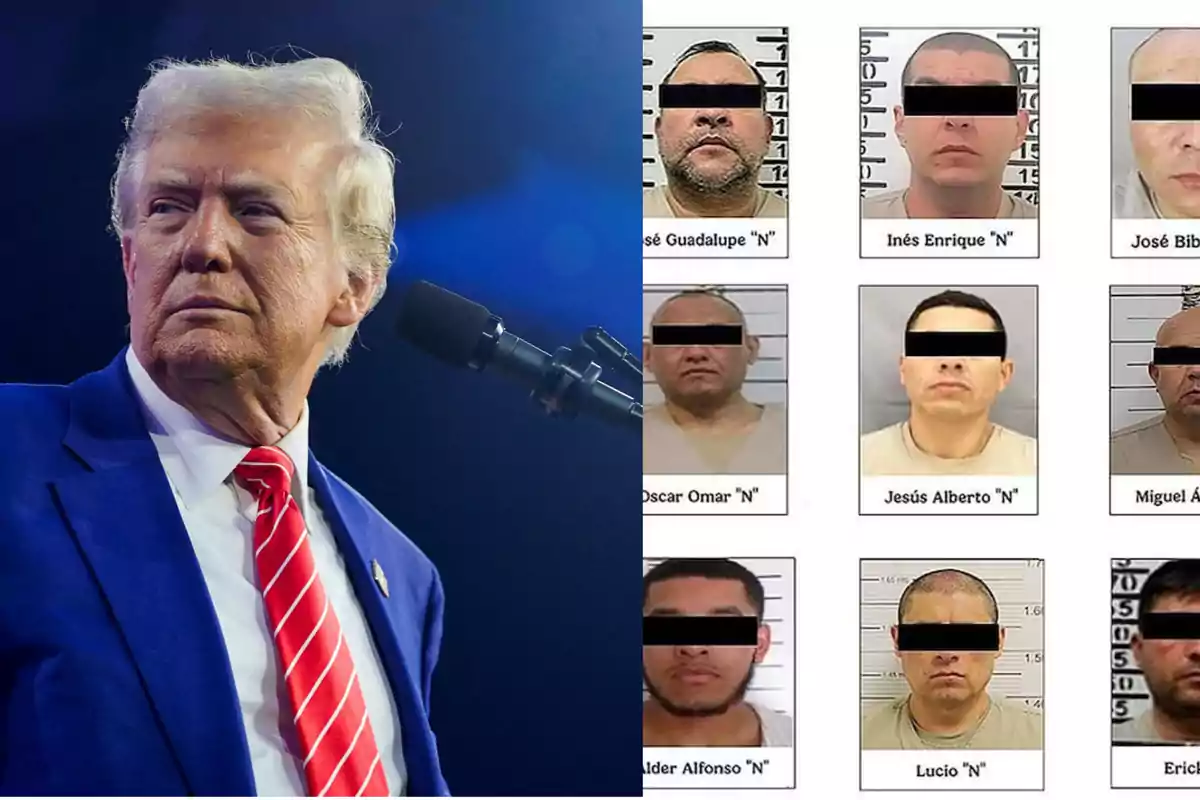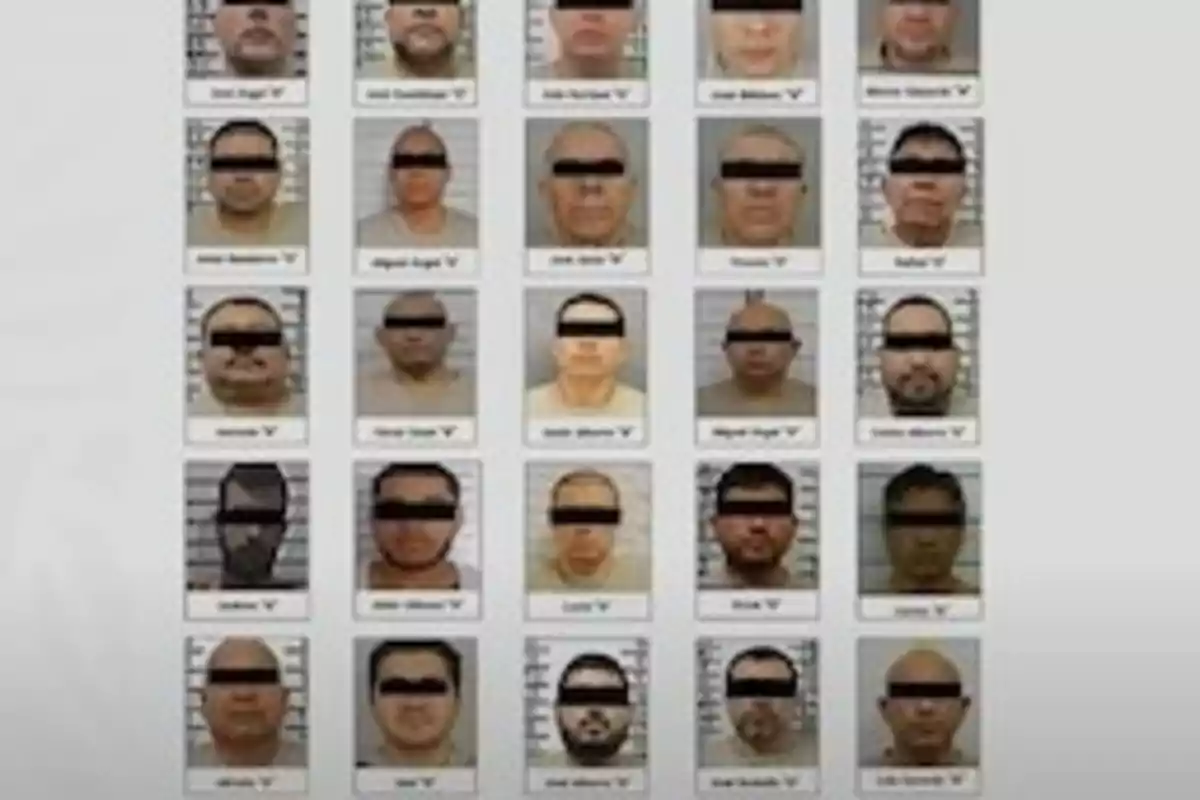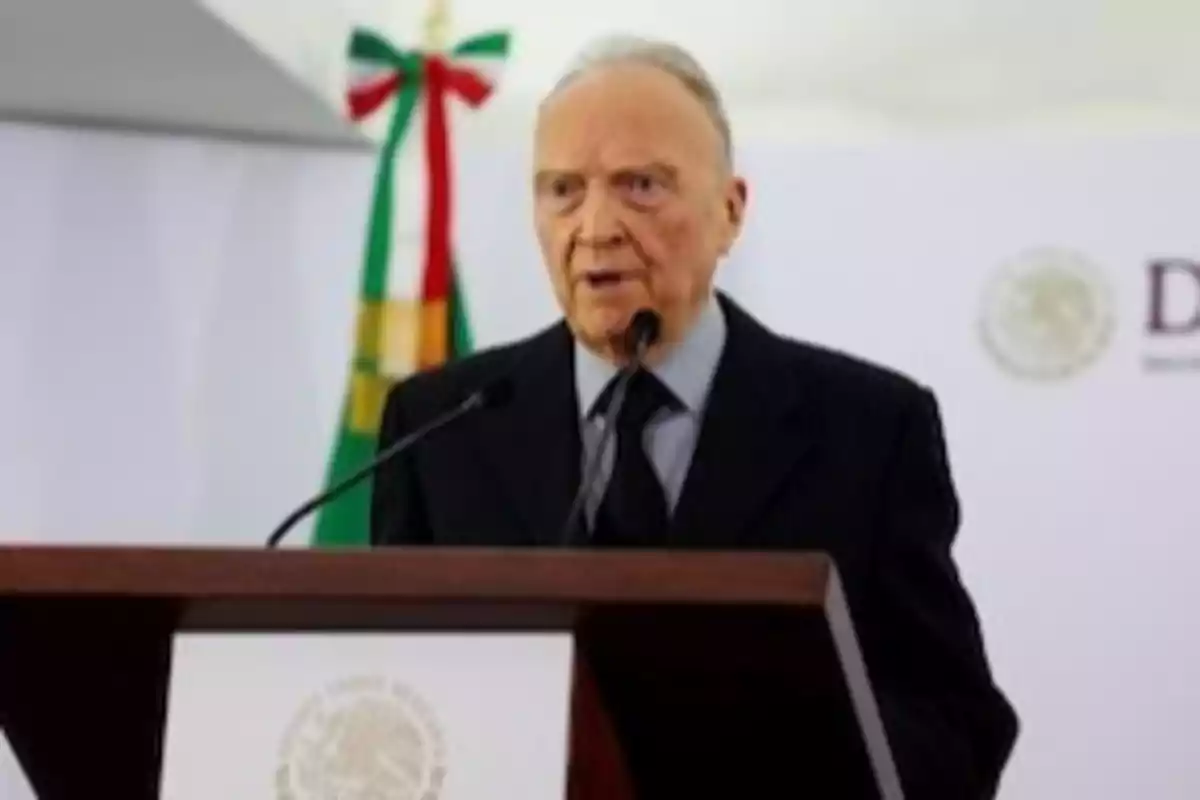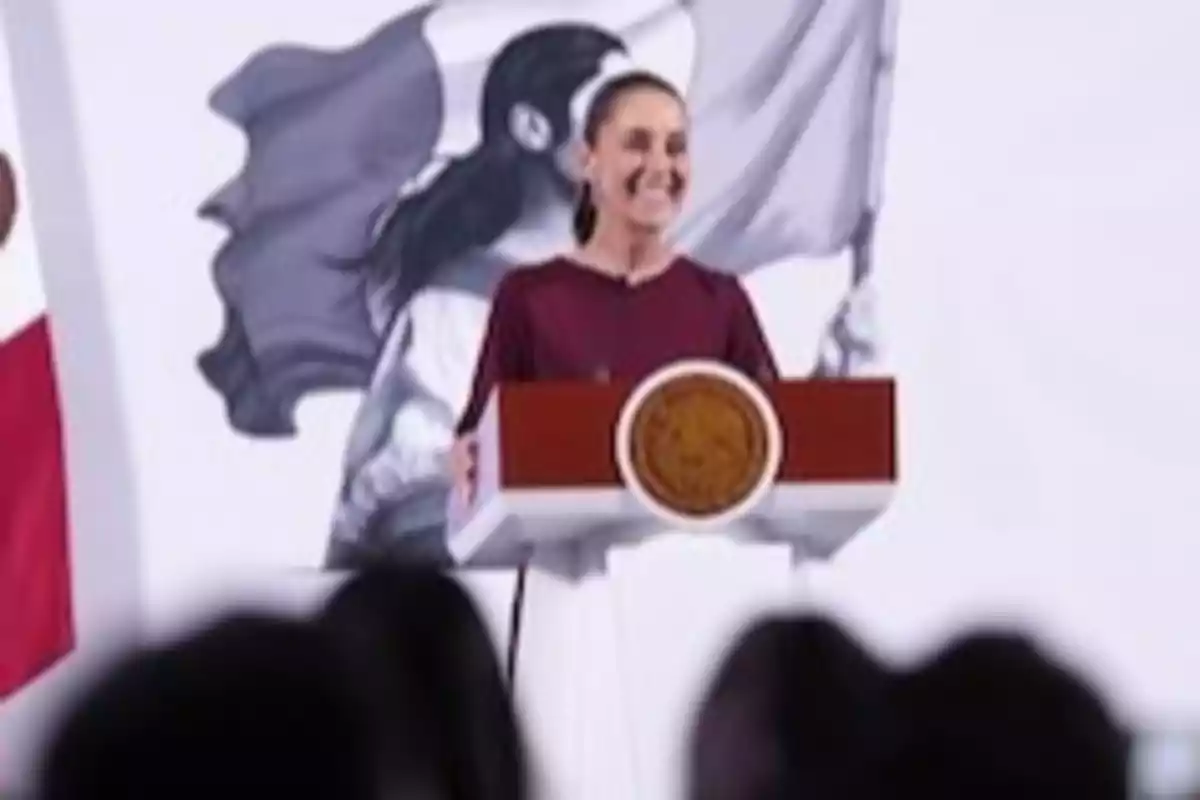
Mexico prepares mega extradition of 40 criminals to the United States
This is a security strategy in conjunction with police authorities from the United States and police from Mexico
The Mexican government would be preparing a new round of extraditions to the United States. This list includes at least 40 alleged drug trafficking leaders, according to information revealed by journalist Ioan Grillo.
This second batch would include Abigael González Valencia, alias "El Cuini", one of the most relevant alleged financial operators of the CJNG, considered a key piece in the finances of that criminal organization.
According to sources cited by Grillo, these individuals would be sent under a scheme called "extraordinary transfer process", which would allow circumventing some of the guarantees of the traditional extradition procedure.

Specifically, it would open the door for the accused to even face the death penalty in U.S. territory. This is because the usual commitments that prevent such a sentence in bilateral agreements with Mexico do not apply.
The measure has caused controversy in various legal and political sectors, particularly due to a situation that occurred during the first wave of extraditions that took place in February.
At that time, it was argued that legal formalities had been violated by resorting to the invocation of an old National Security Law to justify the speed of the process.

The Attorney General's Office seeks strategies
Meanwhile, the Attorney General's Office (FGR), headed by Alejandro Gertz Manero, would be evaluating new legal strategies to combat these criminal organizations, including the filing of charges for terrorism.
This initiative, according to sources from the U.S. government, would be part of a broader plan by President Claudia Sheinbaum. The goal would be to strengthen bilateral cooperation and avoid possible trade sanctions, especially tariffs imposed by the government of President Donald Trump.

During her morning conference on April 1, President Sheinbaum confirmed that there are more lists of criminals wanted by U.S. justice. She clarified that these documents are not recent and that the collaboration between both nations has been continuous since previous governments.
"There are more extradition lists and, to the extent that collaboration is possible, it is done. So yes, there are, but for a long time, not now. Besides the 29 people who are already there," she stated from National Palace.
Sheinbaum also highlighted that no special request to expedite the processes has been received. Any progress will depend on the legal coordination and diplomatic efforts between both countries.

These actions are framed in a context of increasing pressure from Washington for Mexico to intensify the fight against drug trafficking, fentanyl, and organized crime.
The extradition of criminal leaders has been seen by the Mexican government as a firm gesture of commitment to regional security. As well as an attempt to ease tensions with the United States.
More posts: